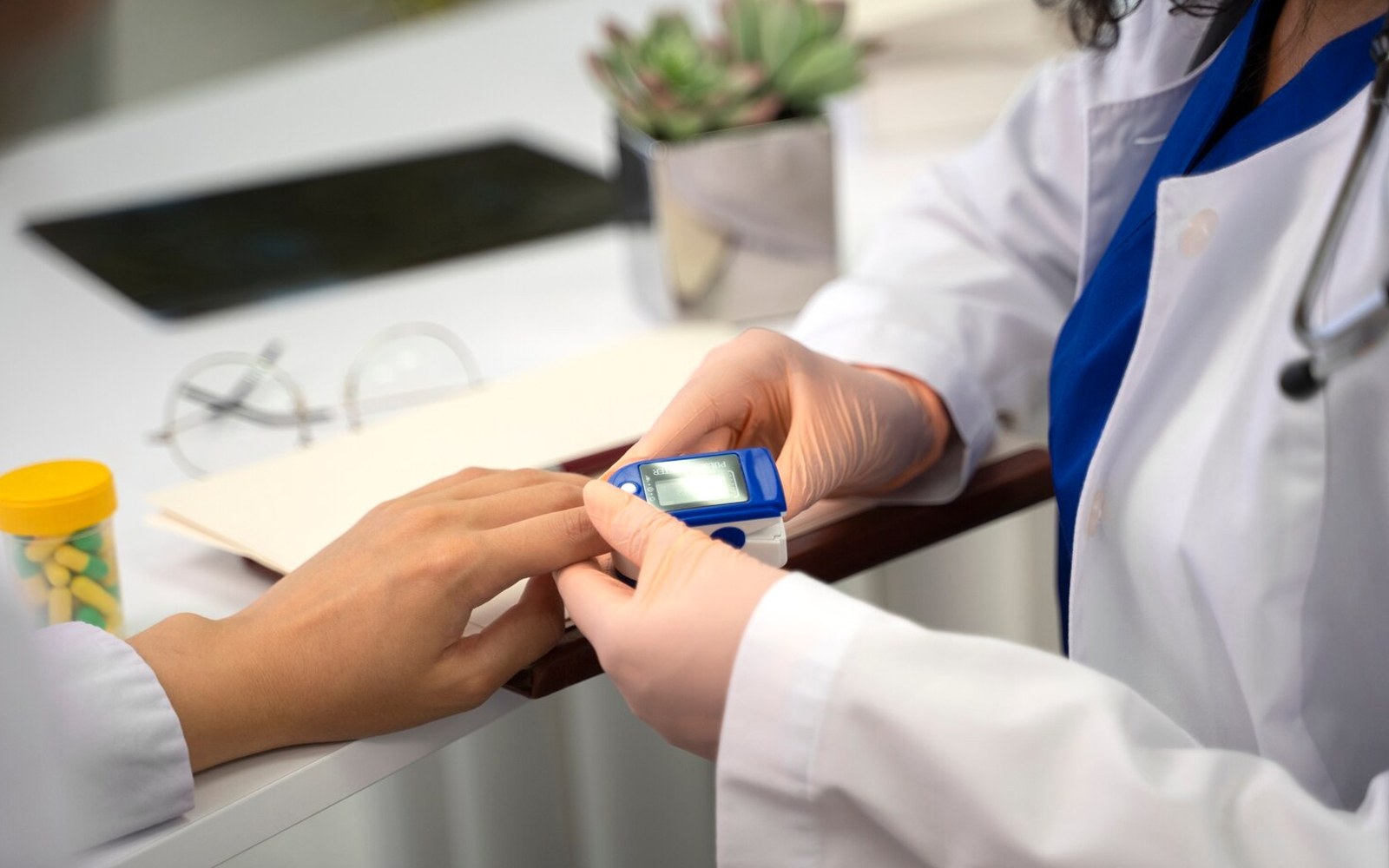
Diabetes is a very common disease, but there are many misconceptions about it. In this article, I’ll present the most frequent ones.
What are the glucose levels that indicate diabetes?
A diagnosis can only be made based on blood glucose levels.
Type 1 and Type 2 diabetes are the same
Type 1 diabetes (insulin-dependent diabetes) is an autoimmune condition where the body attacks and destroys the insulin-producing cells in the pancreas. This form of diabetes accounts for about 10 percent of all cases.
Type 2 diabetes is most commonly caused by the body’s inability to effectively use the insulin it produces, leading to high blood glucose levels.
It usually occurs after the age of 30 in individuals with a genetic predisposition or an unhealthy lifestyle and is most common among obese individuals.
People who eat too many sweets will get diabetes
While an unhealthy lifestyle is indeed a significant risk factor for Type 2 diabetes, it doesn’t apply to Type 1 diabetes. Type 1 typically develops in children and young adults and is often associated with other hormonal conditions.
There is mild diabetes
If your blood sugar level is consistently high and sugar appears in your urine (which can be verified through lab tests), you definitely have diabetes. Lower blood glucose levels do not mean you have a mild form of diabetes that doesn’t require treatment.
Remember, managing diabetes is essential to prevent serious complications.
If you get diabetes in childhood, you can outgrow it
According to current scientific knowledge, diabetes cannot be cured, and people need lifelong insulin treatment to stay alive.
However, with early detection, modern insulin therapy, personalized carbohydrate intake, and regular exercise, patients can live full lives.
Diabetics should not eat sugar at all
Managing diabetes requires significant dietary changes. You should avoid products with added sugars, including beet, cane, and brown sugar, honey, and high-fructose corn syrup.
This doesn’t mean sugar should be completely banned, but it should be consumed in quantities prescribed by a specialist (sugar is a simple carbohydrate), and the timing and types of foods with different absorption rates (glycemic index) should be considered.
Artificial sweeteners and sugar substitutes are recommended and should be discussed with a diabetologist or dietitian.
People with diabetes can only eat diabetic foods
The general rule for diabetics is to reduce daily carbohydrate intake, but the goal isn’t to completely eliminate bread, fruits, or dairy products. It’s important to learn when and how much of each food component can be eaten and which foods increase blood sugar levels.
Additionally, the label “diabetic” doesn’t mean the food is free of carbohydrates, just that it is sweetened differently. Diabetics must also check the nutritional composition when shopping.
Exercise is prohibited for people with diabetes
Regular exercise is crucial in managing diabetes. It increases glucose utilization in muscles, improves insulin sensitivity, and has other positive effects on muscle contraction.
It’s important to start exercising only when blood glucose levels are well-controlled and with a doctor’s approval, as exercise can cause hypoglycemia, a condition where blood glucose levels drop below normal.
This can lead to severe dizziness and possibly coma, so if you want to exercise, ask your doctor for advice on how to do it safely (e.g., how long before exercising you should eat and when to check your blood sugar levels after exercising).
Diabetes can only be treated with insulin
The first step in treating Type 2 diabetes is proper lifestyle management. If this is ineffective or started too late, medications can be used, either alone or in combination.
This does not apply to Type 1 diabetes, where only insulin therapy is viable because the missing hormone needs to be replaced.
Insulin can only be administered by injection, as it would not work if taken orally.


